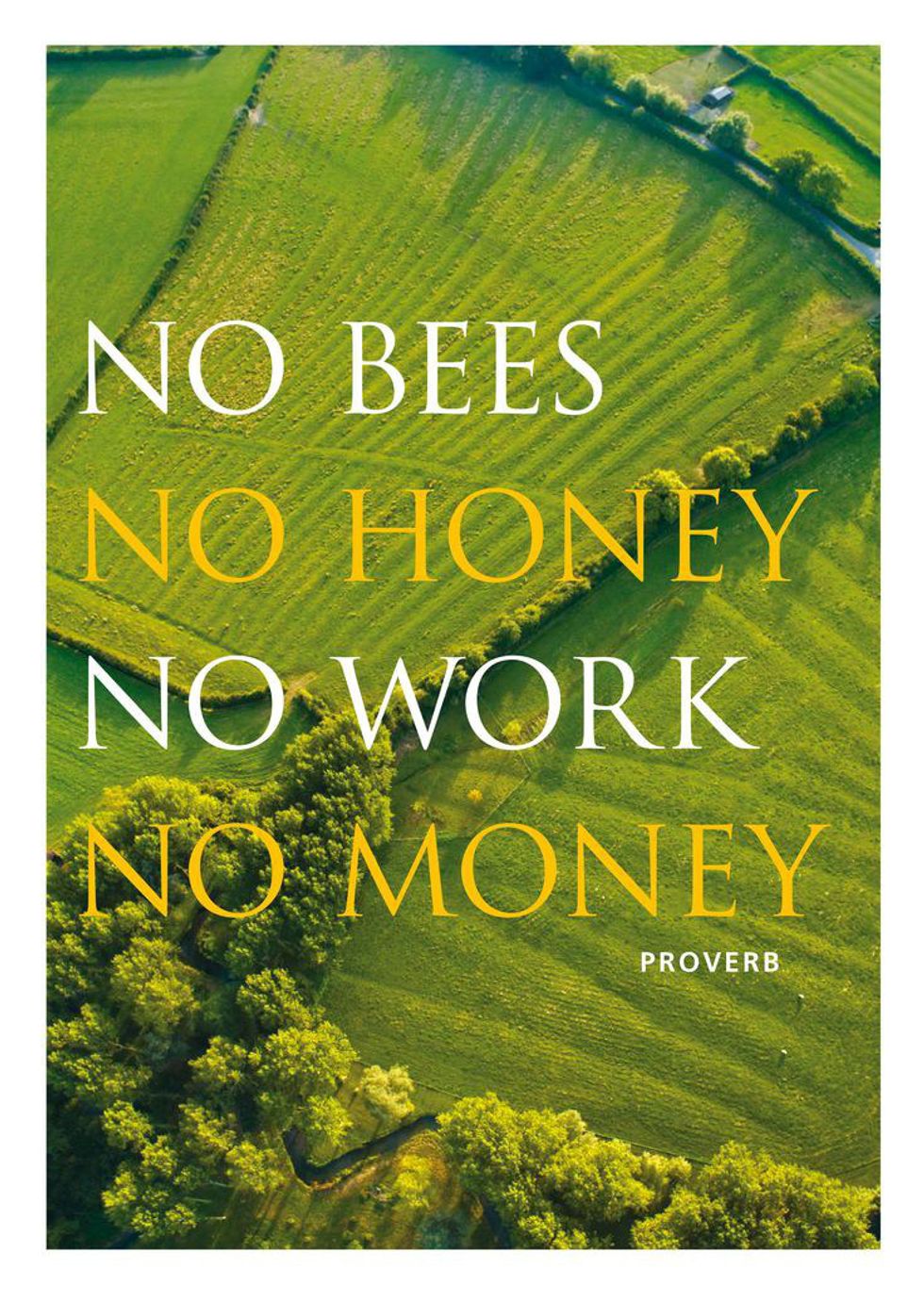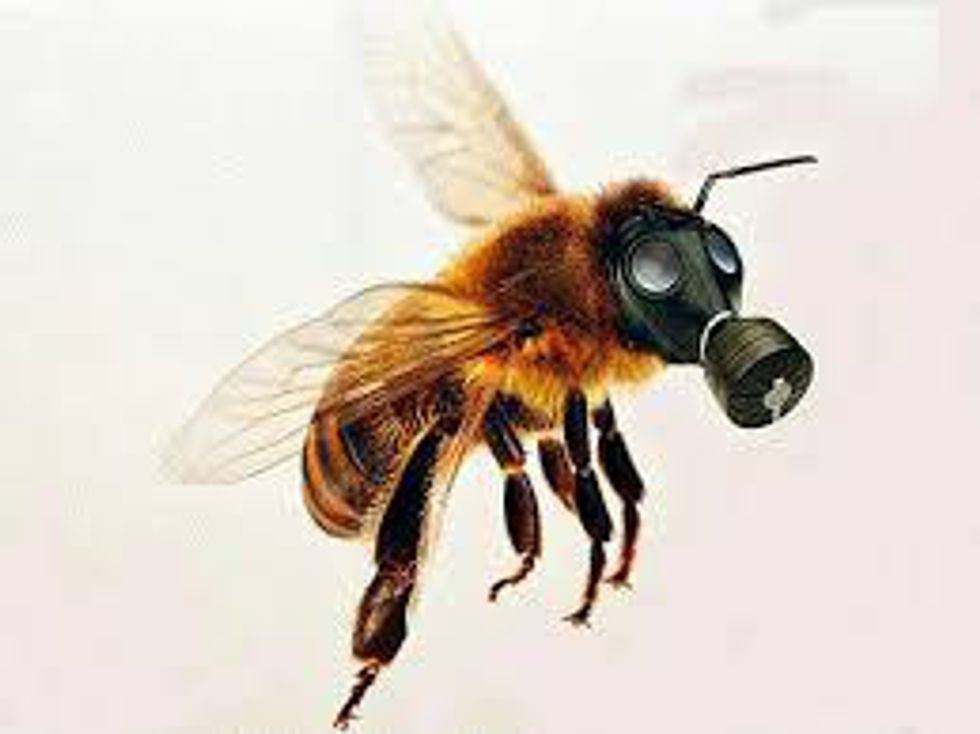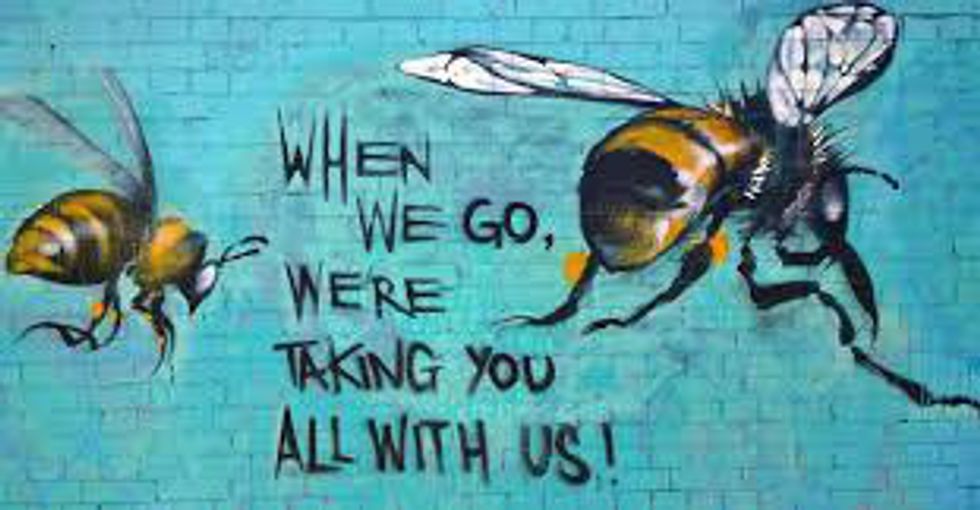In the past several years, the bee populations have been steadily declining. However, within the past 3 years, there has been a rapid decrease of the bee population. The reason this is happening is still a huge question in the field of ecological research.
Recommended for you
The primary suspect is a pesticide call neonicotinoid. This pesticide is used to kill off crop eating single celled organisms and bacteria; however, when a bee pollenates the plant sprayed with neonicotinoid, the pesticide is absorbed and affects their central nervous system. The bee will then head back to the hive, where he will infect more bees. This ultimately causes mass confusion, and will cause bees to wander away from their hive never to find it again. Due to their weekend state, once on their own away from the hive, they will die.
Because bees have already been claimed an endangered species, the main worry is that bees will fall into extinction within the next 100 years. So if the bees did go extinct, what would be the repercussions?
Without the bees pollinating crops, there will be whole food chains and food webs under total collapse. For example, bees pollinate almond trees, grounded almonds are used as feed for livestock, the livestock then produces milk, eggs, cheese, and meats. No bees, less almonds, less, feed, less livestock, less food for human consumption.
Coffee? Nope, bees pollinate the plant Arabica, the coffee bean bearing plant. Do you like nice clothes and toiletry paper products? Nope, bees pollinate cotton, which is the basis of 95% of the world’s fibers.
This same process will happen to many different plant communities and other food chains.
However, aside from the decrease in food, a decrease in bees will cause an economic decline. With there being less livestock product availability, prices will rise, and human consumption will decline due to the steep prices. This will also lead to deficiencies of essential vitamins and minerals such as calcium. Calcium is necessary for a healthy skeleton and nervous system as it is a key neurotransmitter.

So what can you do?
Do not buy crops that are known to use pesticides. To generalize, eat organic food since that is the only type that is guaranteed not to have used pesticides. Lastly, be nice to the bees, we all know there are a nuisance but they are essential to our modern way of life.






















